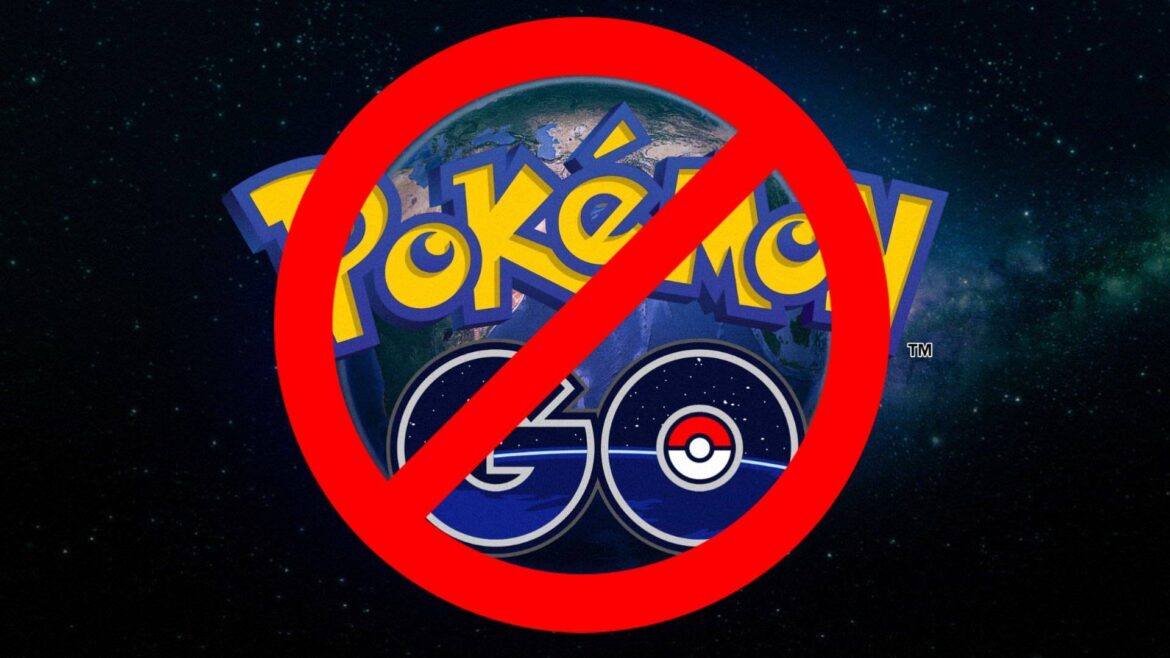When I wrote a blog post yesterday about my foray into the Pokemon GO world and how excited this new game has made me and millions of others, I did not realize that it might be controversial. But suddenly, I was in the middle of a big discussion. Two clear sides seem to have emerged: those who believe that something like this game can help us do an even better job of educating students and those who believe that we are just fad-jumping onto another useless, corporate, money-making trick. Wow!
I can see how some people out there are promoting Pokemon GO as a means to increase their likes, follows, and readers. Honestly, that really wasn’t my intent. I was simply so blown away by the social, health, and learning aspects of the app that I just had to share my excitement. Of course, I am thrilled that the blog post has generated so much interest. But even if no one had read it, I would still be a huge fan of something that gets kids (and adults) walking around outside, talking to their neighbors, and having fun while learning both alone and separately.
This has obviously struck a nerve and merits further discussion in the education world. David Jakes compares Pokemon Go to a new ping pong ball in education, something that leaves the main game unchanged. David Theriault created a great list of “14 Reasons Why Pokemon GO Is the Future of Education.” Tony Gurr, in his blog post on this topic, asks a tremendous question: “Are we doing what is best for our students or are we doing what is most convenient for us?” And ed tech leader George Couros added a strong article called “#PokemonGo, Being Observant, and Innovation to the discussion in which he urges educators to “pay attention and be observant to our world. The next big idea for your classroom could already exist; you might just need to find it and tweak it.” (my paraphrasing)
Thank you to each of these innovators (and others that I am not aware of on this topic) who are adding to the discussion. They’re all right, in one way or another. Yes, Pokemon GO could be just another flash in the educational pan. Yes, it could divert time and energy and resources away from real learning. Yes, it could cause dedicated but confused teachers to create Pokemon math worksheets and include monster names in long vocabulary lists. But it could also provide a starting point for the conversation we’re all wanting to have about how to really make teaching and learning better. And isn’t that enough?
Technologies change, but the underlying reasons we explore technologies remains: to stimulate learning conversations that extend how we interact with the world. In fact, Pokemon GO is child’s play, a game that teaches us new ideas (mapping reality with virtual information) that we may soon apply to more complex work. “The supreme accomplishment,” says Arnold J. Toynbee, “is to blur the line between work and play.” At TCEA, that’s how we can achieve our vision “Learning without Limits.”

